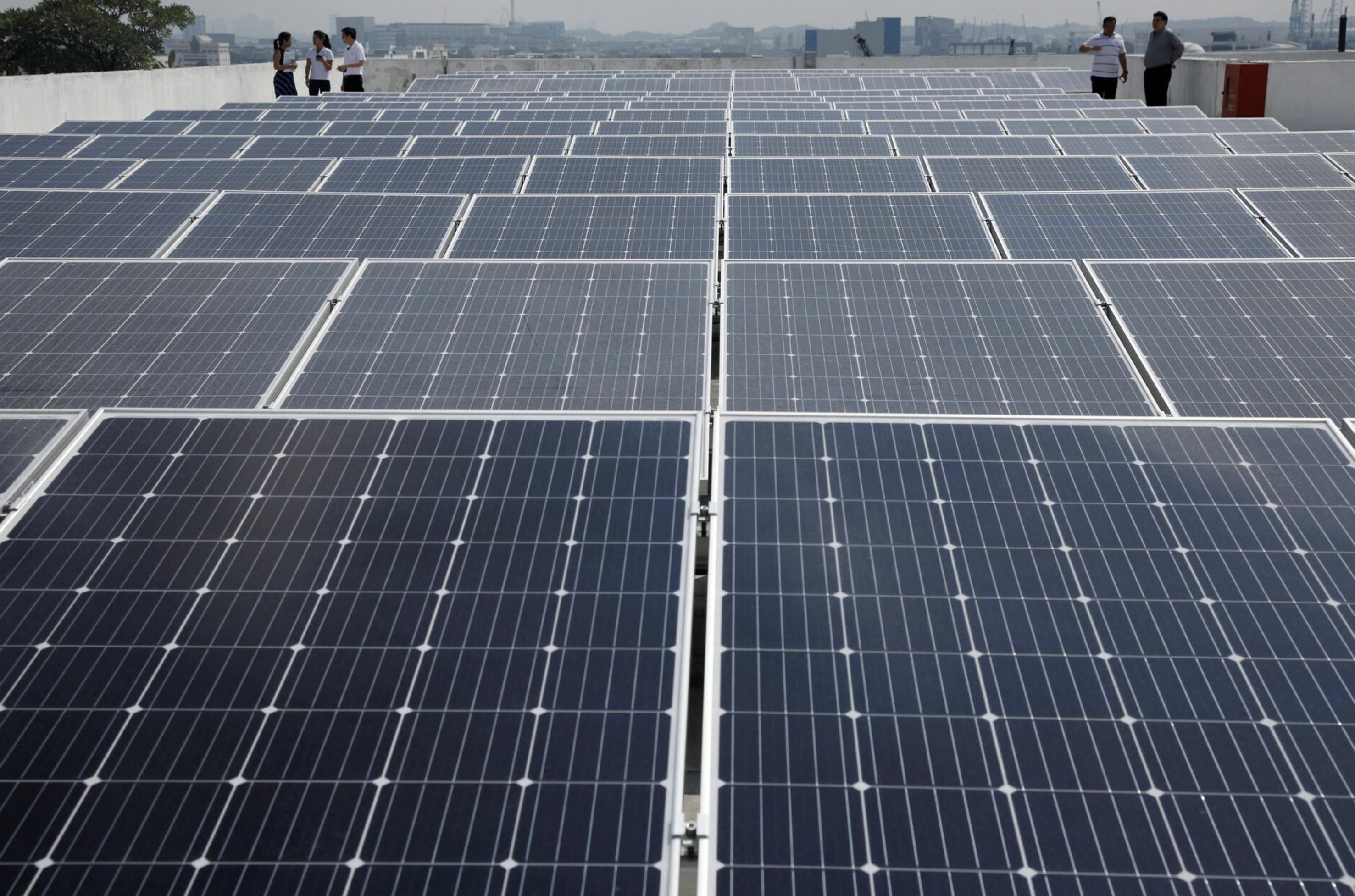SINGAPORE -- South East Asia is "woefully off track" on green investments to reduce emissions and needs new policies and financial mechanisms to help bridge the gap, the global consultancy Bain & Company said on Monday.
With energy consumption in the region expected to grow 40 percent this decade, climate-warming carbon dioxide emissions remain on the rise, with the region still dependent on fossil fuels, said an annual report compiled by Bain, green investment group GenZero, Standard Chartered Bank and Temasek.
While green investment grew 20 percent last year, it is way short of the $1.5 trillion required this decade, and emissions in the 10 countries in the region could overshoot their 2030 pledges by 32 percent if they continue on their current trajectory, it warned.
"We believe that an acceleration of effort by countries, corporates and investors is imperative as Southeast Asia remains woefully off-track," said Kimberly Tan, GenZero's managing director.
Clean energy accounts for just 10 percent of total supplies, and fossil fuel subsidies are around five times higher than renewable investments. High capital costs, as well as uncertain grid and tariff regulations, have also made it harder to finance renewable projects.
The report said 60 percent of the region's coal-fired power plants were relatively new, meaning that they are still tied into long-term purchasing agreements and investment return commitments, making them far harder to shut down.
"There is over $1 trillion of unrecovered capital in young coal plants and that's predominantly in Asia," said Tim Gould, chief energy economist at the International Energy Agency.
"It doesn't allow much room for renewables to grow ... so there is a need for creative financing approaches," he told a conference in Singapore.
Meanwhile, only four of the 11 countries in the region - Indonesia, Malaysia, Singapore and Vietnam - have made progress in putting a price on carbon.
The report called for more policies and incentives, greater regional cooperation and a sustained focus on technologies that are already deployable.
"The good news is that Southeast Asia is very early on its decarbonisation journey so benefits from having many levers to reduce emissions today," said Tan. "Many of these are low-hanging fruit."
The report identified 13 "investable ideas" that could bring in $150 billion in revenues by 2030, including sustainable agriculture and utility-scale renewable energy plants.
South East Asia is the second worst performing region when it comes to renewables investment, behind only Sub-Saharan Africa, according to an April report by Singapore's Economic Development Board and the McKinsey consultancy.
The report said annual solar installations needed to rise from the current rate of 5 gigawatts to 35 GW over the 2030-2050 period if regional net-zero pledges are to be met.
"We have all the resources, but the 'unlock' isn't happening yet," said Vishal Agarwal, a McKinsey senior partner.





















































